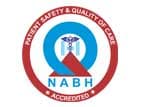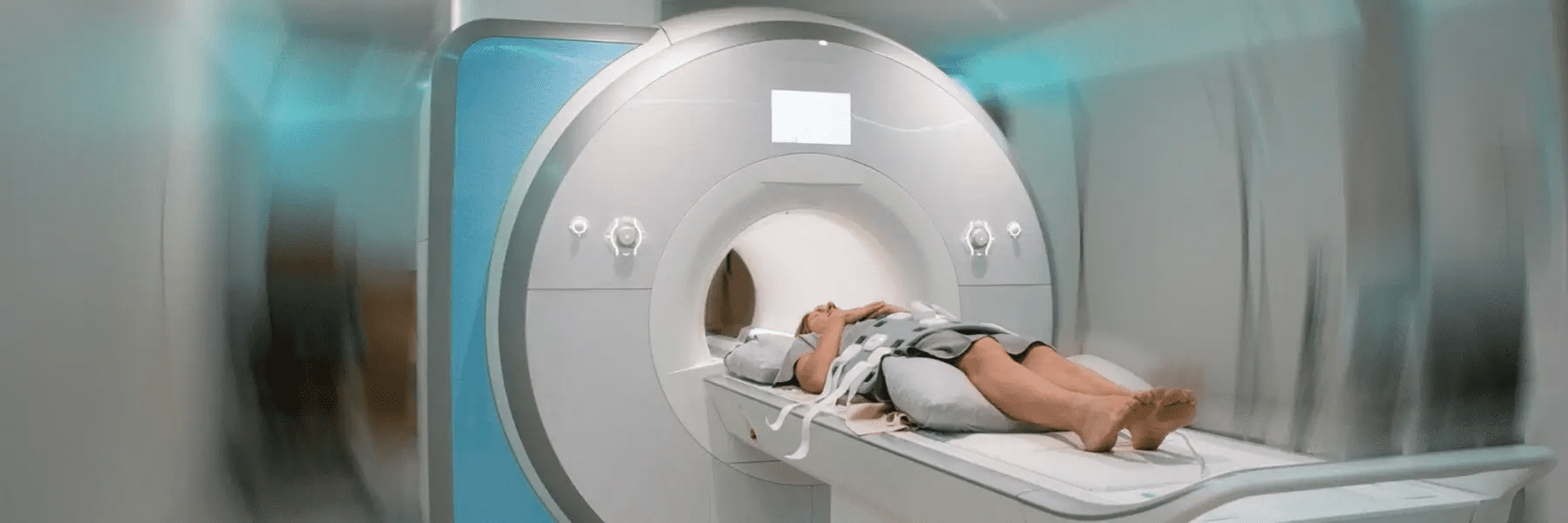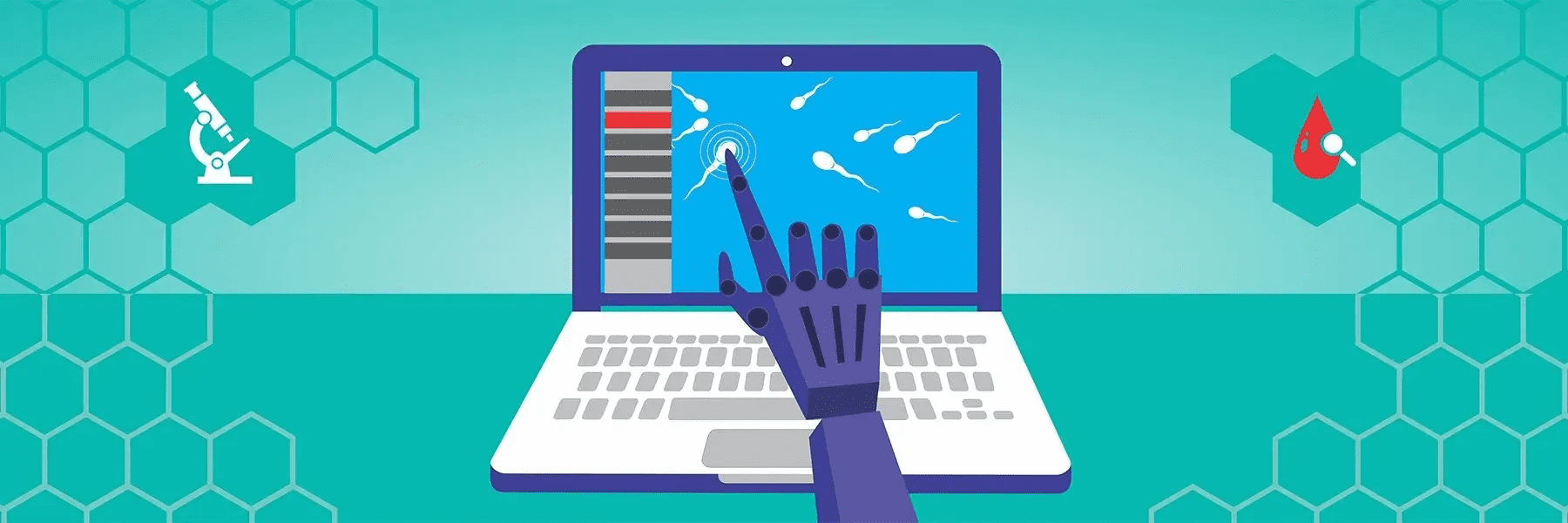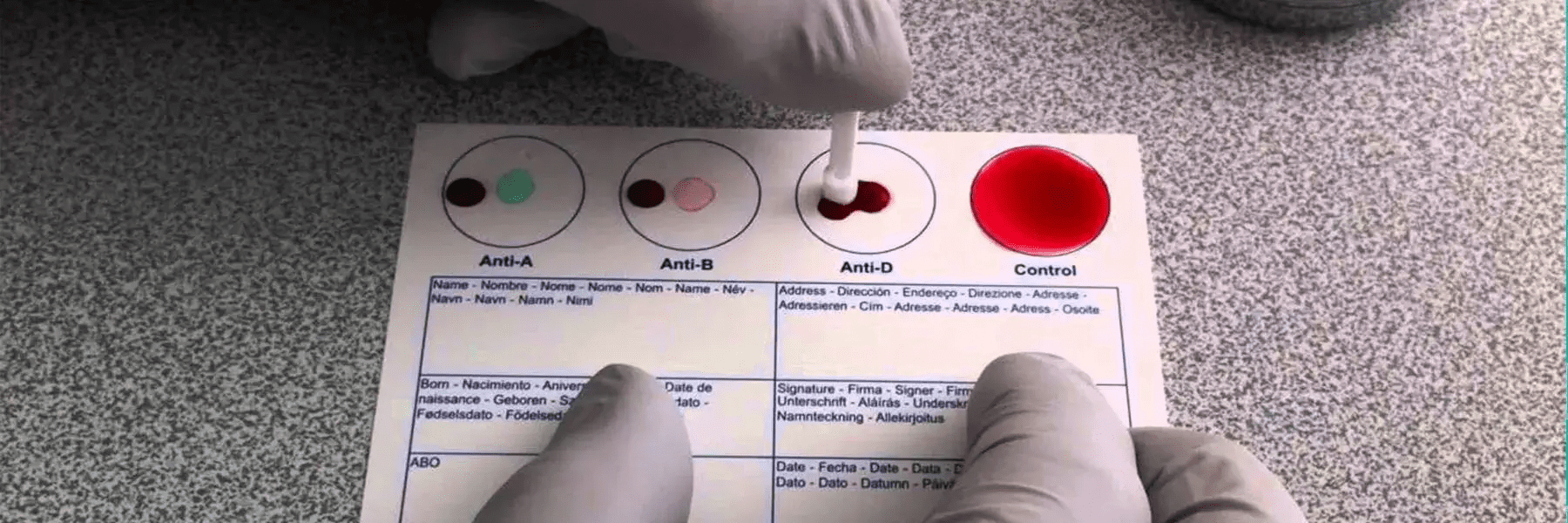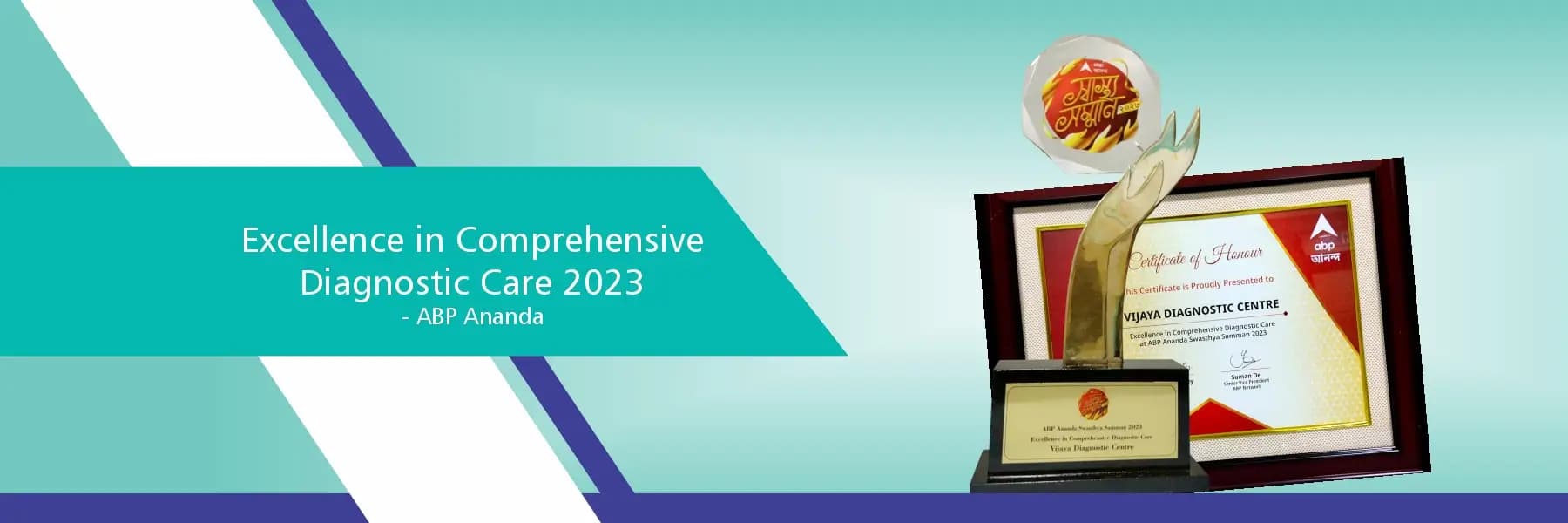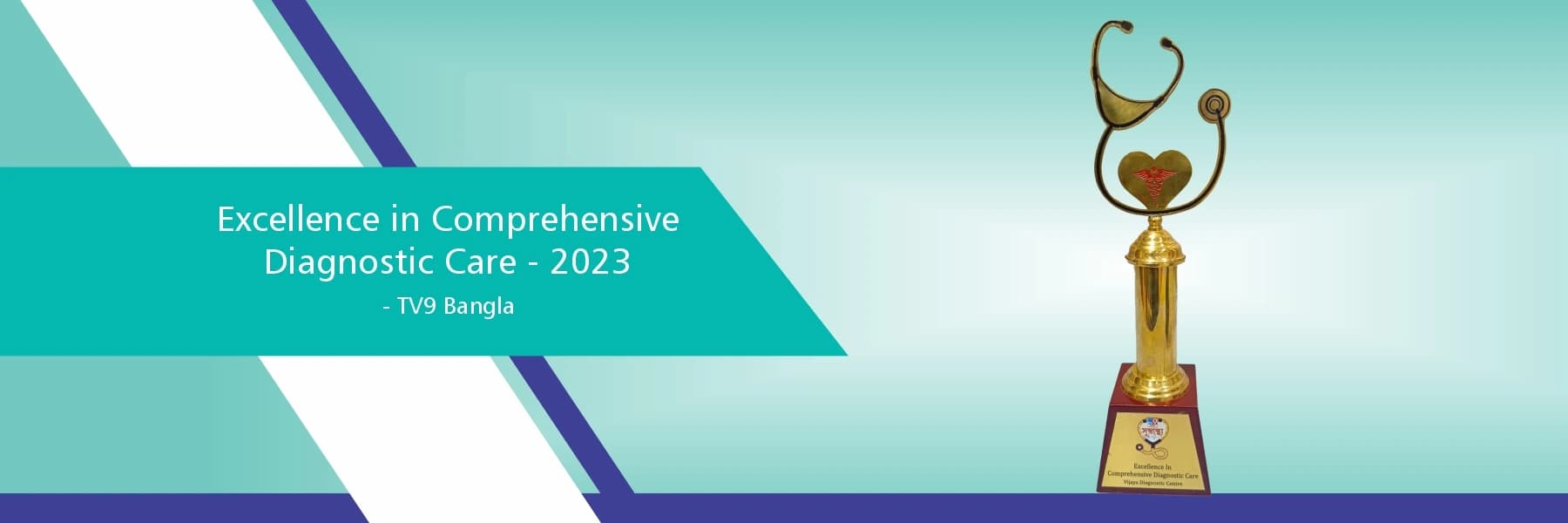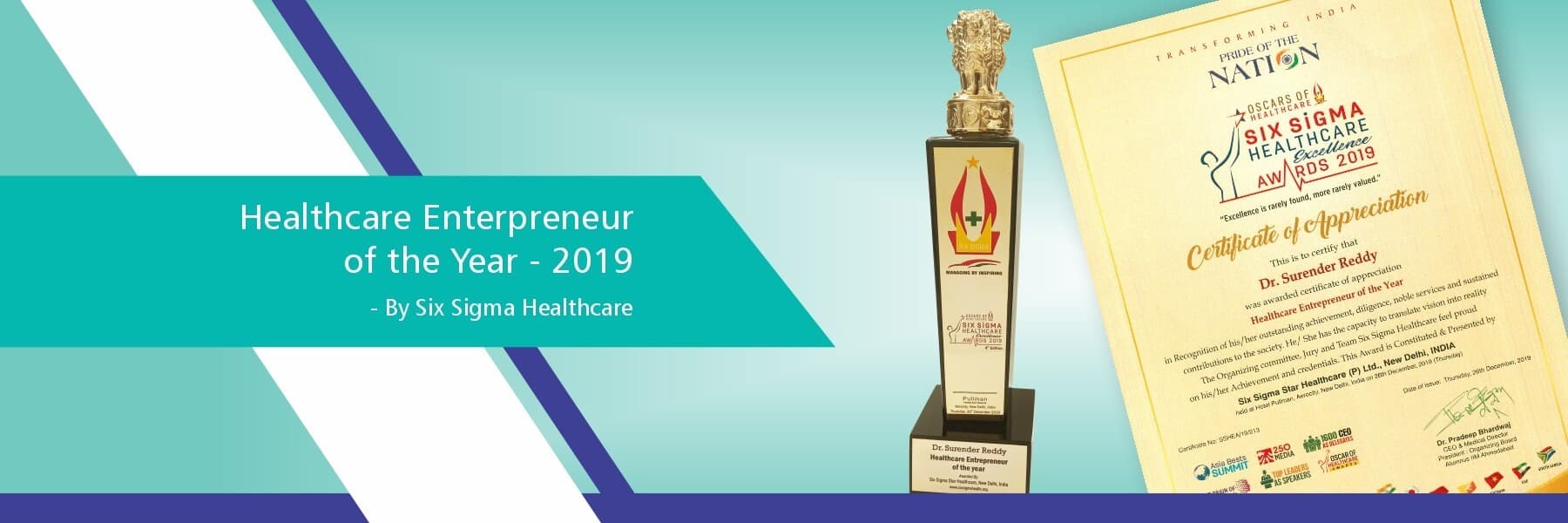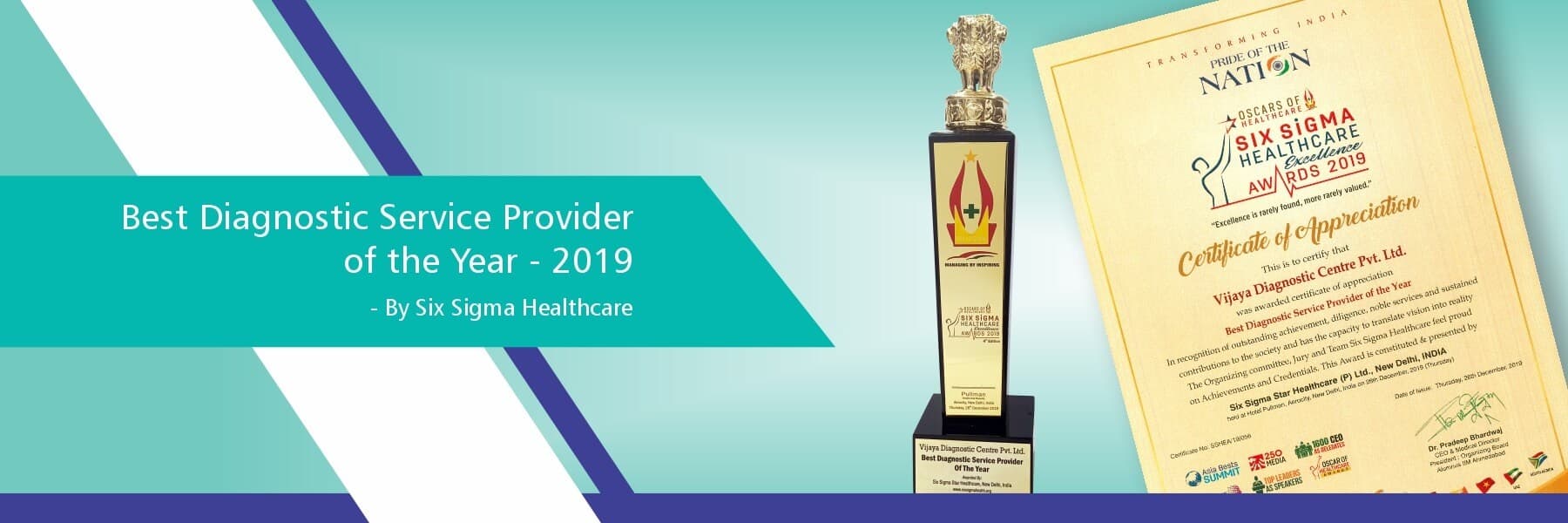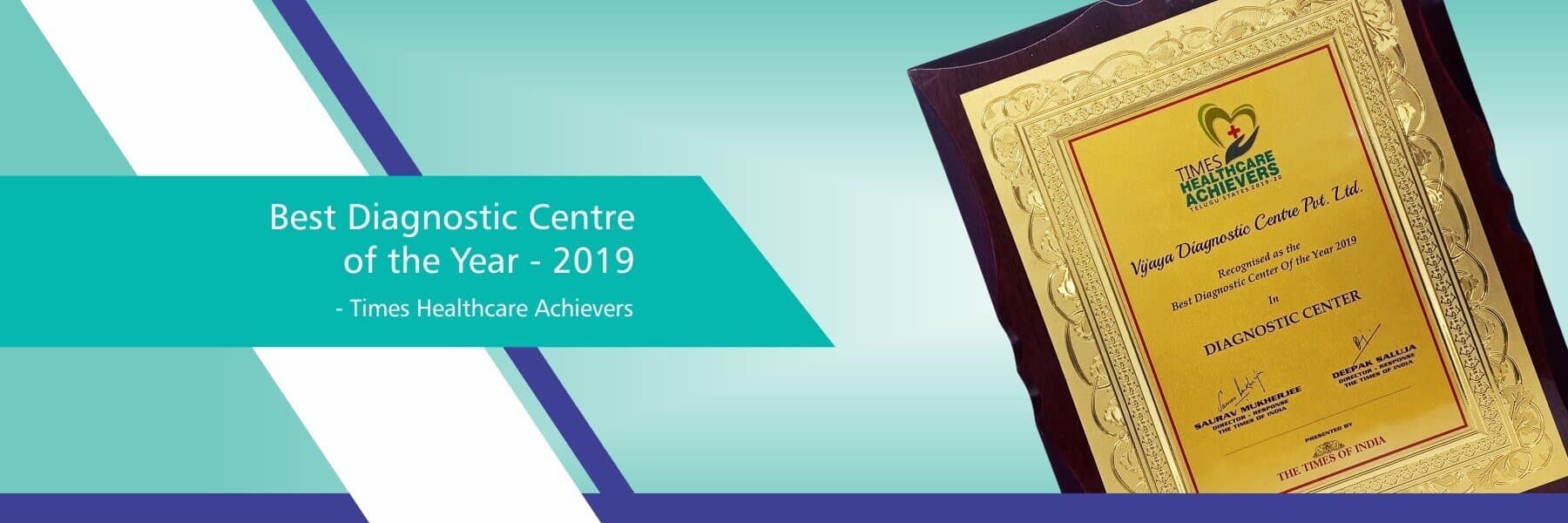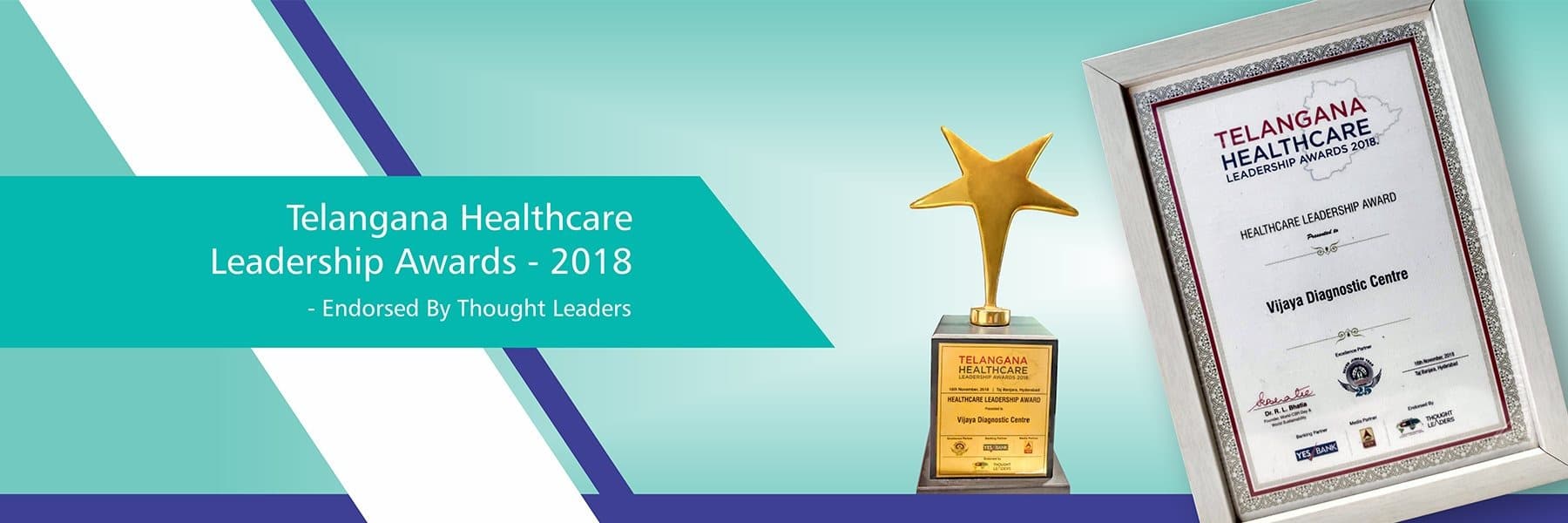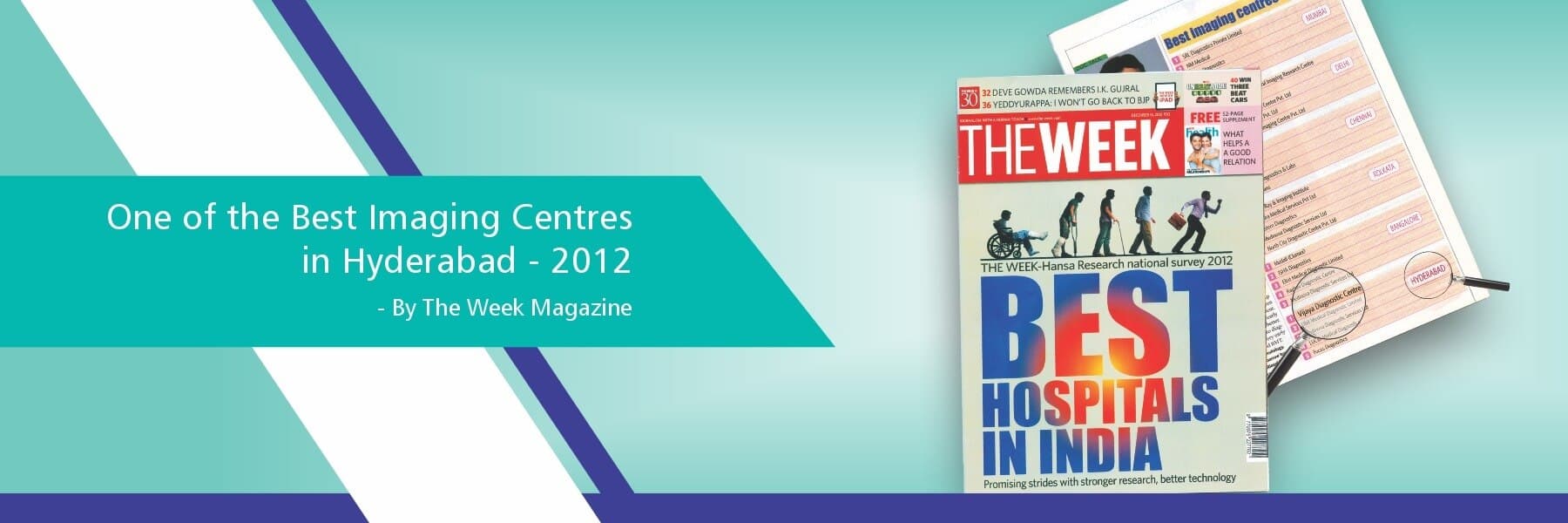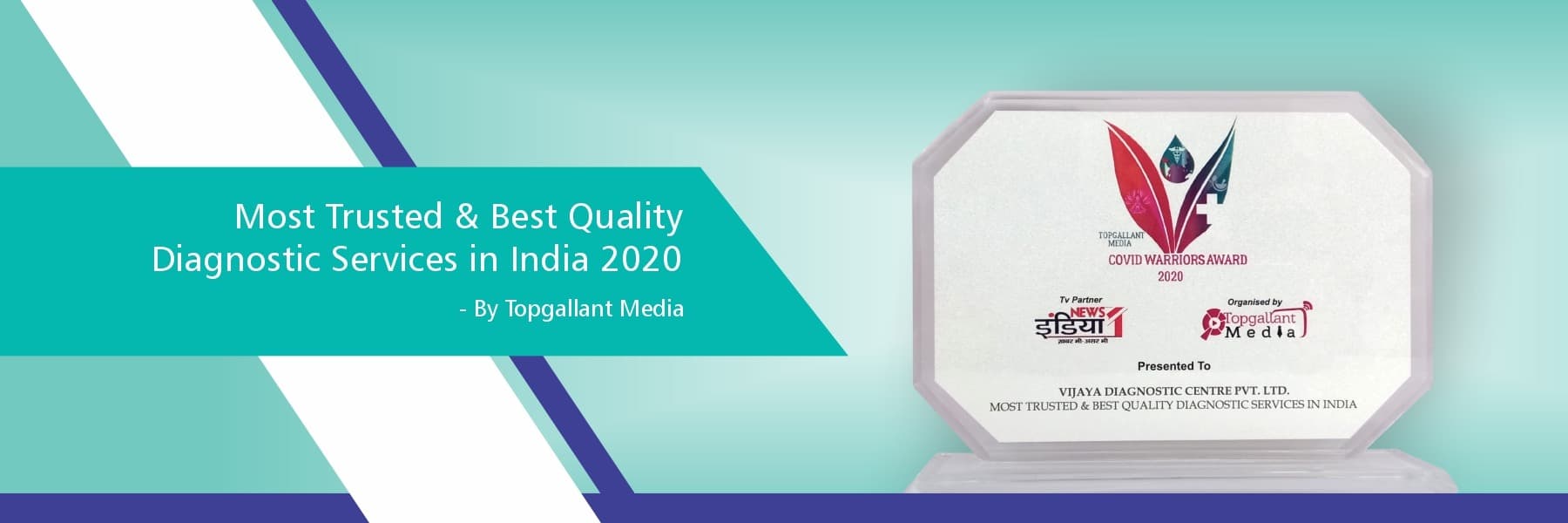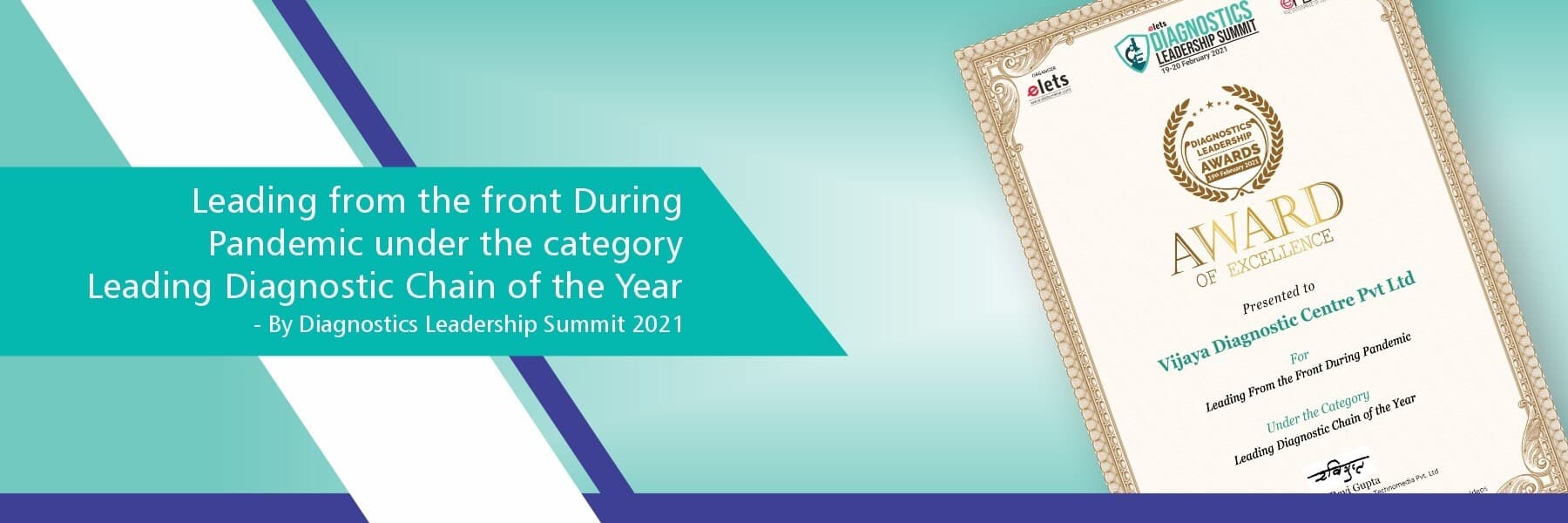Understanding Microbiology & Its Significance
In the unseen landscape teeming beneath the microscope tip and beyond the naked eye lies the captivating world of microbiology, the study of microorganisms – the Unseen orchestrators that shape & impact our wellbeing and lives in more ways than we can imagine. From the invisible allies residing within our gut to the microscopic foes causing infection, these Microbial life forms hold immense power.
Microbiology tests, like blood cultures or throat swabs, aid our exploration in this fascinating domain & help us unlock the secrets behind a cough & the cause of diseases such as tuberculosis & gangrene. Microbiology tests don’t just help us diagnose disease but also help us understand the delicate balance that sustains our body & very world.
The vast field of microbiology encompasses diverse branches, each a microscope aimed at a different facet of these microorganisms. For example, Bacteriology scrutinizes the world of bacteria, while mycology sheds light on the kingdom of fungi. Virology, meanwhile, delves into the world of viruses, and immunology investigates our intricate defense system against microbial invaders.
Through these interwoven disciplines of microbiology, we understand not just the harm microbes can inflict, but also the invaluable services they render to our own well-being.
What is the Role of Microbiologists?
Have you ever wondered what lies behind the doctor's diagnosis, guiding the right treatment for that nagging cough or unexplained fever? Enter the Microbiologists – the true detectives of the medical world. Simply put, they unveil the causes of infectious diseases, armed with powerful tools to diagnose and fight them.
The responsibilities of a microbiologist often include (but aren’t limited to):
- Disease Diagnosis:
The journey of a Microbiologist begins by addressing critical questions from physicians: identifying the root cause of an infection and contributing to accurate diagnosis and treatment strategies. Microbiologists employ powerful microscopes or sophisticated tests to examine patient samples, unveiling the culprit behind illnesses, whether it's a bacterium, virus, or fungus. This crucial information serves as a compass, guiding further steps toward your recovery.
- Laboratory Testing:
Laboratory Testing is a core responsibility of microbiologists, involving direct detection of pathogenic organisms through microscopy. Armed with the microbial invader's identity, microbiologists then cultivate and analyze these infectious agents in the controlled environment of their laboratories. Microbiologists use staining techniques tailored for suspected pathogens, ensuring precise and reliable results
- Antibiotic Sensitivity Testing:
Microbiologists determine which antibiotics effectively disable the identified pathogen, ensuring a targeted treatment that eliminates the pathogen without harming healthy cells. This precise approach minimizes unnecessary broad-spectrum antibiotics, reducing the risk of antibiotic resistance and side effects.
- Quality Assurance:
Every step of the way, meticulous quality control measures are the microbiologist's guiding principle. They ensure the accuracy and reliability of every test, safeguarding your health and ensuring effective treatment.
Advanced Microbiology Diagnostic Technologies and Tools:
-
MALDI-TOF:
MALDI-TOF (Matrix-Assisted Laser Desorption/Ionization Time-of-Flight) is a powerful technology used for rapid and accurate identification of microorganisms in clinical microbiology laboratories.
-
Automated VITEK system:
The automated VITEK system revolutionizes microbiology laboratories by offering rapid, accurate, and reliable identification of microorganisms and their antibiotic susceptibility profiles. Its integration into laboratory workflows enhances efficiency, standardization, and quality assurance while optimizing patient care through timely and informed treatment decisions.
While both MALDI-TOF and VITEK offer valuable capabilities for microbial identification and AST, MALDI-TOF is often favored for its rapidity, broad spectrum, minimal sample preparation, and cost-effectiveness. However, the choice between the two methods ultimately depends on factors such as laboratory requirements, budget considerations, and specific applications. Many laboratories utilize both technologies to complement each other and maximize diagnostic capabilities.
- BACTEC system:
The BACTEC system is a vital tool in microbiology laboratories, offering rapid and sensitive detection of microbial growth in blood cultures and other sterile body fluids. Its automation, enhanced sensitivity, and compatibility with advanced testing platforms contribute to improved workflow efficiency, patient care, and laboratory quality assurance. By providing timely and accurate microbiological diagnostics, the BACTEC system plays a crucial role in the management of infectious diseases and patient outcomes.
Types of Specimens Used in Microbiology
Unraveling the cause of an infection takes more than just a doctor's intuition. This is where specimens, like tiny detectives, provide crucial clues. By meticulously analyzing these specimen samples, microbiologists shed light on the hidden perpetrators and guide clinicians towards the most effective course of action.
- Blood
Blood, the body's vital circulatory network, holds immense diagnostic potential. Blood cultures, a cornerstone of microbiology, nurture and identify pathogens hidden within, guiding targeted antibiotic therapy. Advanced molecular methods like 16S rRNA gene sequencing further reveal even elusive organisms, ensuring comprehensive diagnosis.
- Urine
Urine, our body's liquid waste, can be analyzed for urinary tract infections using culture or dipstick tests can be used to detect common culprits like E. coli. For complex & tricky investigations, super-sensitive tests such as quantitative polymerase chain reaction (qPCR) can be used to amplify & identify specific pathogens, ensuring precise diagnosis even in low-burden infections.
- Stool (Feces)
A glimpse into the gut comes through stool (feces), where tests like QFIT or H. pylori antigen look for signs of inflammatory bowel disease (IBD) or bacterial overgrowth. Enzyme-linked immunosorbent assays (ELISA) detect antigens of Helicobacter pylori, aiding in diagnosing peptic ulcers, while qPCR tests unveil inflammatory markers in conditions such as Crohn's disease. Stool cultures, meanwhile, cultivate and identify a range of bacteria and parasites, guiding targeted treatment.
- Sputum
Sputum, expelled from the respiratory tract, offers valuable insights into lung infections. Conventional cultures identify pneumonia-causing bacteria like Streptococcus pneumoniae, while advanced PCR tests detect even elusive organisms like Mycobacterium tuberculosis.. Cutting-edge molecular tests provide rapid & specific diagnosis, particularly for emerging or multidrug-resistant pathogens.
- Cerebrospinal Fluid (CSF)
Cerebrospinal fluid (CSF), the brain and spinal cord's protective shield, plays a vital role in neurological investigations & diagnosing meningitis. Cell counts & microscopic examinations reveal signs of inflammation, while viral cultures & PCR can help zero in on pathogens causing meningitis or encephalitis, guiding critical therapeutic decisions.
Why Choose Vijaya Diagnostics for Microbiology Tests?
As South India's largest integrated diagnostic chain, we have served 50+ million customers over the last 4 decades. With an extensive network of 140+ cutting-edge diagnostic centers across 20 cities, we ensure accessibility, bringing our expertise right to your doorstep – from Tirupati to Hyderabad & Gurgaon to Kolkata.
Vijaya Diagnostics stands as the premier choice for diagnostic care, boasting ISO compliance, NABL & NABH accreditation, and 24/7 services. Our microbiology labs, conveniently located near you, leverage world-class technology for swift and precise diagnosis of infectious diseases. Automation streamlines sample handling, ensuring a low Turnaround Time (TAT).
Explore the convenience of our user-friendly app, where 5000+ comprehensive tests are just a tap away. Your health journey becomes effortless with instant appointment booking, rescheduling options, and hassle-free home sample collection—all designed to prioritize your well-being. The flexibility extends beyond home sample collection; enjoy cashback, reward points, and exclusive discounts tailored for your health conditions, age, and family, making your healthcare experience truly hassle-free.
What sets Vijaya Diagnostics apart is our ability to seamlessly integrate convenience, accessibility, and accuracy—all at affordable and transparent pricing.
Choose Vijaya Diagnostics - because your health deserves nothing less!
Commonly Prescribed Microbiology Tests
Culture and Sensitivity Testing (Blood, Urine, sputum, stool & Other body fluids):
Isolates and identifies pathogenic microorganisms from clinical specimens (e.g., blood, urine, sputum) and determines their susceptibility to antimicrobial agents. Guides appropriate antibiotic therapy by identifying the causative agent and predicting its response to specific antimicrobial drugs.
TB Culture & Staining:
AFB staining and culture are fundamental techniques in the diagnosis of tuberculosis and other mycobacterial infections. While AFB staining provides rapid preliminary results, mycobacterial culture remains the gold standard for definitive diagnosis and drug susceptibility testing.
Integration of both techniques enhances the sensitivity and specificity of TB diagnosis, facilitating appropriate patient management and control of the disease.
Fungal infection screening:
- Direct Microscopy: Skin scrapings, nail clippings, or other clinical specimens are treated to dissolve cellular material, leaving fungal elements visible under the microscope.
- Histopathological Examination: Fungal Stains (e.g., Gomori Methenamine Silver, Periodic Acid-Schiff): Used to visualize fungal elements in tissue biopsy specimens.
- Fungal Culture: Fungal culture plays a crucial role in the diagnosis and management of fungal infections. It allows for the isolation, identification, and susceptibility testing of fungal pathogens, guiding appropriate antifungal therapy and patient care. A thorough understanding of the fungal culture process and interpretation of results is essential for accurate diagnosis and treatment of fungal infections.
Parasitological Tests:
Identifies parasites (protozoa, helminths, and ectoparasites) in clinical specimens such as stool, blood, or tissue samples. Aids in the diagnosis of parasitic infections, including malaria, amoebiasis, and intestinal helminthiasis.
Typhoid test:
The Widal test is a blood test that detects antibodies against the bacteria that causes typhoid fever. The test involves mixing a patient's serum with antigens derived from the bacteria, and then testing the patient's serum for antibodies against the two antigens. If the patient has antibodies against either of the two antigens, then the test is considered positive
These tests play vital roles in the diagnosis, management, and prevention of infectious diseases. The selection and interpretation of tests depend on various factors, including the patient's clinical presentation, specimen type, and suspected pathogens. A comprehensive approach to microbiological testing, including the integration of multiple methods, is essential for accurate diagnosis and optimal patient care.
Frequently Asked Questions (FAQs)
1. How do microbiologists identify bacteria?
Ans - Microbiologists employ a variety of methods to identify bacteria, including:
- Microscopy: Examining stained bacteria under a microscope reveals their morphology (shape & arrangement). Staining is an important technique used in microscopy to improve the contrast of microscopic image
- Biochemical tests: Identifying specific enzymes or metabolic products produced by bacteria helps pinpoint their species.
- Molecular methods: PCR, DNA sequencing and genetic analysis offer highly accurate identification, especially for complex samples or novel organisms.
These methods help identify specific characteristics, such as metabolism, cell structure, & genetic markers, enabling accurate bacterial identification.
2. What is antibiotic resistance, and why is it a concern in microbiology?
Ans - Antibiotic resistance occurs when bacteria develop mechanisms to resist the effects of antibiotics, rendering them ineffective. This phenomenon increases the risk of treatment failure, longer illness durations. It increases mortality rates & hinders the effectiveness of antibiotics, leading to challenges in treating bacterial infections and potentially causing a public health crisis.
3. How are viruses different from bacteria in microbiology?
Ans - Viruses and bacteria differ fundamentally in structure and behavior. Bacteria are single-celled organisms with cellular structures, while viruses are acellular entities containing genetic material. Viruses typically have RNA genomes, while bacteria have DNA.
Bacteria can thrive independently, whereas viruses rely on host cells for replication. Antibiotics target bacterial processes, making them ineffective against viruses
4. How do microbiologists contribute to public health?
Ans - Microbiologists play a crucial role in public health by conducting surveillance, monitoring outbreaks, and ensuring the safety of food & water. They contribute to disease prevention, create effective treatment strategies, and develop guidelines to control the spread of infections.
5. How does microbiology contribute to the study of infectious diseases?
Ans - Microbiology reveals infectious diseases by identifying pathogens, studying transmission mechanisms, exploring host-pathogen interactions and developing innovative diagnostics & treatments, crucial for effective disease management & prevention
6. What role do microbiologists play in vaccine development?
Ans - Microbiologists are instrumental in vaccine development, conducting research to identify antigens, studying immune responses and formulating & optimizing vaccines.
Drag & drop your files here, Or
browse files to upload.
.pdf, .jpg & .png formats supported. Upto three files can be uploaded at a time
Blogs
Awards & Recognitions
Diagnostic Education
Frequently Asked Questions (FAQs)
Centre Details & Locations
You can click on the Centre Locator mentioned on the top right bar of our home page website to locate centres in your city. You can also search in Google “Vijaya Diagnostic Centre near to me” to find the nearest centre.
Yes, most of the centres have this facility.
Yes, you can check the operational timing of a branch by selecting the centre you want to visit on our website or Google map of respective centre
Health Checkup & Packages
The validity of a health check package is 30 days from the date of invoice, for more detail to Terms & Condition of use section on our website.
Watch This Video for Detailed Information
Once the validity period is over for your registered package, the package cannot be availed. The amount paid by you during the registration process is non-refundable, non-transferable and gets forfeited if you do not visit the branch within the validity period. The amount paid by you during the registration of the special package cannot be utilized for availing other packages.
No. These are special promotional packages which are available for registration only during the specific campaigns and thus it is important for you to register there during the event/campaign. These are specially designed and discounted packages which are only available during the campaign with specific validity period.
The package once registered, is non-transferable. One has to utilize the package for the registered customer only.
Home Sample Collection
Yes, you can book a Home Sample collection by filling form on our website or calling our customercare number at 9240 222 222.
Yes, you can prepone/postpone an appointment by calling our customercare number at 9240 222 222.
Reports
Visit Home page of our website and click on Download reports icon. You need to login with mobile number and OTP. You will see your latest report in PDF format.
No, your reports would not be shared with anybody else other than you.
Tests Information & Instructions
Yes, fasting is recommended before undergoing a blood test.
Watch This Video for Detailed Information
- Generally, fasting is required prior to administering IV contrast. Fasting for ~ 4 hours (solid foods) is recommended.
- Kidney function test (serum creatinine) in cases of positive clinical history.
- Review of your medical history to determine that no issues exist preventing you from having a CT scan, such as pregnancy / contrast allergy or reaction (i.e., hives, rash, itching, breathing difficulty).
- A person accompany for IV contrast procedure.
- Some CT scans require drinking oral contrast, for approximately 30–60 minutes prior to your scan.
- Some CT scans involve an injection of contrast, for which an IV cannula will be inserted.


